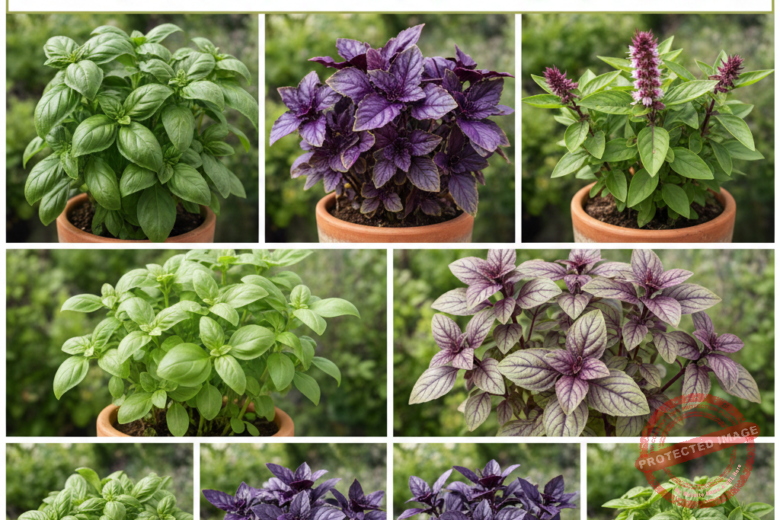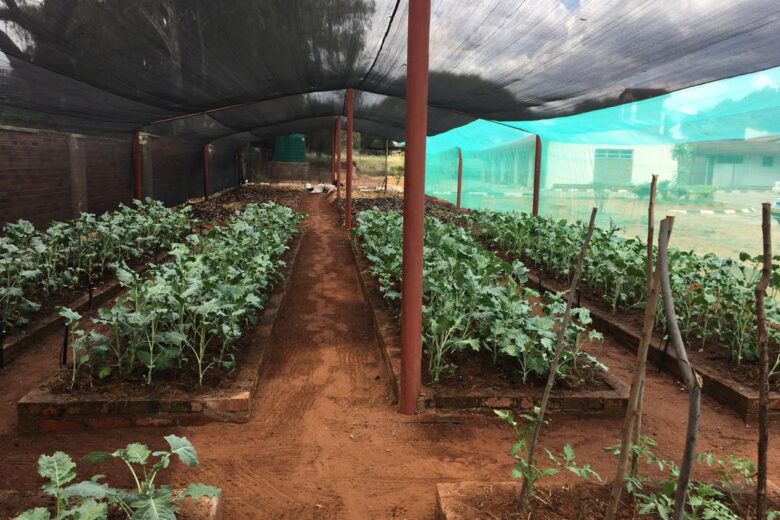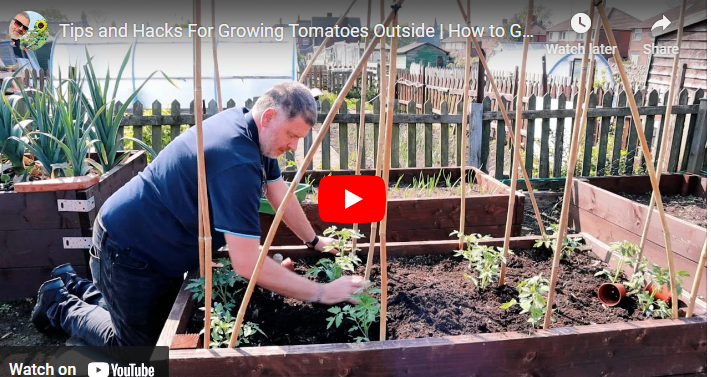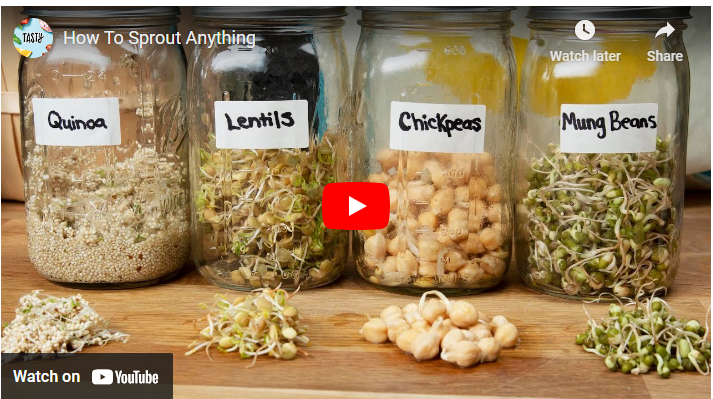Onions are a popular ingredient in many Kenyan dishes, and planting them during the dry season can be quite challenging due to the limited water supply.
To successfully cultivate onions during the dry season in Kenya, it is crucial to follow certain guidelines, such as soil preparation, selecting the appropriate onion variety, planting techniques, watering, fertilization, and pest control.
If you are considering planting onions in Kenya during the dry season, it is important to pay extra attention to these steps.
This article aims to provide you with all the necessary information to overcome the challenges of planting onions in the dry season in Kenya and to grow healthy onion crops. Be sure to read through to the end to learn everything you need to know.
How to Plant Onions in Dry Season in Kenya
Planting onions during the dry season in Kenya can be challenging due to the texture of the soil, which requires more work than when it’s raining. However, it is possible to achieve optimal results by following the steps discussed below.
Read Also: [Beginners Guide] How to Grow Spinach in Kenya
Step 1: Soil Preparation
Soil preparation is a crucial step in planting onions during the dry season in Kenya. Onions require a well-drained soil that is rich in organic matter.
You should ensure that the soil can hold moisture, but not become waterlogged. Adding compost, manure, or other organic materials to the soil can help to improve the soil structure and increase its water-holding capacity.
You can also improve soil drainage by incorporating sand or gravel into the soil to create air pockets and prevent compaction.
Read Also: [Beginners Guide] How to Grow Vanilla in Kenya
It’s important to break up any clumps of soil to allow for proper root growth. Ensure that the soil pH is between 6.0 and 6.5 by adding sulfur or lime if necessary.
Step 2: Create Seed Bed
After preparing the soil, the next step is to create a seed bed. The seed bed is where you’ll sow the onion seeds and allow them to germinate before transplanting them to their final growing location.
Clear the area of debris, weeds, and stones that may hinder seed germination. Level the soil with a garden rake to create a smooth surface for planting.
The size of the seed bed will depend on the number of onions you plan to plant and the available space in your garden.
Loosen the soil with a garden fork or tiller, making it easier for the onion seeds to take root.
Read Also: [Beginners Guide] How To Grow Okra In Kenya
Step 3: Selecting High-Quality Onion Varieties
Choosing the right onion variety is crucial for successful onion cultivation during the dry season in Kenya.
Look for varieties with a short maturity period, good drought tolerance, and disease resistance.
Some onion varieties that are well-suited to Kenya’s dry season include Red Creole, Red Pinoy, and Yellow Granex.
Step 4: Planting Onions
Start by preparing the seed bed. For planting, select high-quality onion seeds and choose a time at the beginning of the dry season when there’s still some moisture in the soil.
Onions are usually planted in rows with a spacing of 4-6 inches between each seed. Make small holes in the soil, drop in the seeds, and cover them with a thin layer of soil.
Plant onions in rows that are spaced about 15 cm apart, with individual plants spaced about 5 cm apart. Plant the onions about 1-2 cm deep in the soil.
Read Also: [Beginners Guide] How to Grow Grapes in Kenya
Step 5: Watering Onions
Keep the soil moist during the germination period, which can take anywhere from 7 to 14 days depending on the variety of onion.
You can water the seed bed with a gentle spray or mist, taking care not to wash away the seeds.
To conserve water, use drip irrigation or apply water directly to the soil around the plants. Water your onions deeply and infrequently to encourage deep root growth.
Onions need about 1 inch of water per week, but this can vary depending on the weather conditions.
Read Also: [Beginners Guide] How to Grow Pineapple in Kenya
Step 6: Fertilizing Onions
Onions require nitrogen, phosphorus, and potassium to grow properly. Apply a balanced fertilizer that contains all three nutrients to the soil before planting.
During the growing season, apply additional nitrogen fertilizer to promote leaf growth. Avoid applying too much nitrogen, as this can lead to excessive foliage and reduce bulb size.
Step 7: Controlling Pests and Diseases
Onions are susceptible to pests and diseases, especially during the dry season. Common pests that can affect onions include thrips, onion maggots, and cutworms.
Read Also: [Tips & Tricks] How To Start Rice Farming In Kenya
Diseases such as fusarium rot, botrytis, and purple blotch can also damage onions. To prevent pest and disease problems, practice good sanitation, rotate crops, and use insecticides and fungicides as needed.
Step 8: Harvesting and Storing Onions
When the tops of the onions start to yellow and bend over, it’s a sign that they are ripe and can be harvested. Lift the onions from the soil and allow them to dry in a warm, dry place for several days. Once the onions are dry, store them in a cool, dry place for up to 6 months.
Avoid storing onions near fruits or vegetables that produce ethylene gas, as this can cause the onions to spoil. With these tips, you can successfully plant onions in the dry season in Kenya.
Read Also: [Beginners Guide] How To Farm Cucumber In Kenya
Benefits of Planting Onions in Dry Season
- Increased yield: Onions planted during the dry season are less prone to rotting and fungal infections, resulting in a higher yield.
- Reduced competition: Planting onions in the dry season means there are fewer pests and diseases to contend with, as well as less competition from other crops for resources.
- Higher market prices: Since onions are in high demand during the dry season when they are scarce, farmers can fetch higher prices for their produce.
Challenges of Planting Onions in Dry Season
- Water scarcity: The lack of rainfall during the dry season means that farmers need to have reliable sources of water for irrigation.
- Pest and disease pressure: While there may be fewer pests and diseases during the dry season, those that do occur can be more severe and difficult to control.
- Higher input costs: Farmers may need to invest in irrigation equipment, fertilizers, and pest control measures to ensure a successful crop.
Best Practices of Planting Onions in Dry Season
- Use certified seeds: This will ensure that the onions have good germination rates and are resistant to common diseases.
- Prepare the soil properly: This involves removing weeds and debris, adding organic matter, and ensuring that the soil is well-drained.
- Provide adequate irrigation: Onions require consistent moisture during the dry season to prevent stunted growth and reduce the risk of pest and disease problems.
Common Diseases and Pests of Onion Plants
- Thrips: These tiny insects can cause significant damage to onion leaves, resulting in stunted growth and reduced yields.
- Onion maggots: The larvae of these flies feed on the roots of onion plants, causing wilting and yellowing of the leaves.
- Fusarium rot: This fungal disease can cause bulb rot and reduced yield in onion plants.
How Much is Onions Sold in Kenya
The price of onions in Kenya varies depending on the season and location. However, as of April 2023, onions are sold at an average price of KES 100 per kilogram.
Is Onion Farming Profitable in Kenya
Yes, onion farming can be profitable in Kenya, especially when done during the dry season. However, farmers need to be knowledgeable about best practices, such as proper irrigation, pest and disease control, and timely harvesting.
Varieties of Onions in Kenya
- Red creole onions: These have a mild flavor and are popular in stews and soups.
- Texas grano onions: These have a sweet taste and are ideal for caramelizing and adding to salads.
- White sweet Spanish onions: These have a mild flavor and are commonly used in sandwiches and burgers.
Best Time to Plant Onions in Kenya
The best time to plant onions in Kenya is at the beginning of the dry season, usually in October or November. This ensures that the onions have enough time to mature before the next rainy season.
How Profitable is Onion Farming in Kenya
Onion farming in Kenya can be a profitable venture if done correctly. The profitability of onion farming is determined by various factors such as the cost of production, market prices, yield per acre, and management practices. Onions are in high demand in Kenya, making them a good crop to invest in.
Cost of Onion Farming in Kenya
The cost of onion farming in Kenya varies depending on the region, size of the farm, and inputs used. The cost of inputs such as seeds, fertilizers, pesticides, labor, and irrigation can significantly impact the cost of production. However, with proper management practices, the cost can be reduced, and profits can be maximized.
Best Fertilizer for Onions in Kenya
Onions require specific nutrients to grow and produce good yields. The best fertilizer for onions in Kenya is one that provides a balanced ratio of nitrogen, phosphorus, and potassium. Some recommended fertilizers for onion farming in Kenya include DAP, CAN, and NPK. It’s important to conduct a soil test before planting to determine the right fertilizer blend for your soil.
Onion Farming in Kenya PDF
There are various resources available online that provide information on onion farming in Kenya. One can easily access and download PDF materials such as manuals, guides, and research articles on onion farming in Kenya. These resources provide valuable information on best practices, challenges, and opportunities in onion farming.
Successful Onion Farmers in Kenya
Several successful onion farmers in Kenya have been recognized for their outstanding performance and contribution to the agriculture sector. These farmers have implemented best practices in onion farming, including proper crop management, use of improved varieties, and access to markets. Some notable successful onion farmers in Kenya include Lentera Farm, Kosewe Farm, and Syngenta Foundation.
Red Creole Onion Farming in Kenya
Red Creole Onion is a popular onion variety in Kenya, known for its distinctive red color, pungent flavor, and long shelf life. It is mainly grown in high altitude areas such as Limuru, Kiambu, and Nakuru. Red Creole Onion farming in Kenya has shown great potential, with good market demand and high profitability.
Where to Sell Onions in Kenya
There are various markets and outlets where farmers can sell onions in Kenya. Some of the common markets include wholesale markets, supermarkets, and roadside stalls. Farmers can also sell their onions directly to consumers through online platforms or farmer markets.
Step by Step Onion Farming PDF
A step-by-step onion farming PDF is a useful resource for farmers who want to venture into onion farming in Kenya. The PDF provides a detailed guide on onion farming from land preparation, planting, fertilization, pest and disease management, to harvesting and storage. It also includes tips on how to maximize yields and profits in onion farming.
Conclusion
Planting onions in the dry season in Kenya can be a profitable venture with the right techniques and practices. While there are challenges such as water scarcity and pests, adopting best practices such as proper spacing, irrigation, and fertilizer application can help mitigate these issues. More so, choosing the right onion variety and timing for planting can improve yields and profitability.



